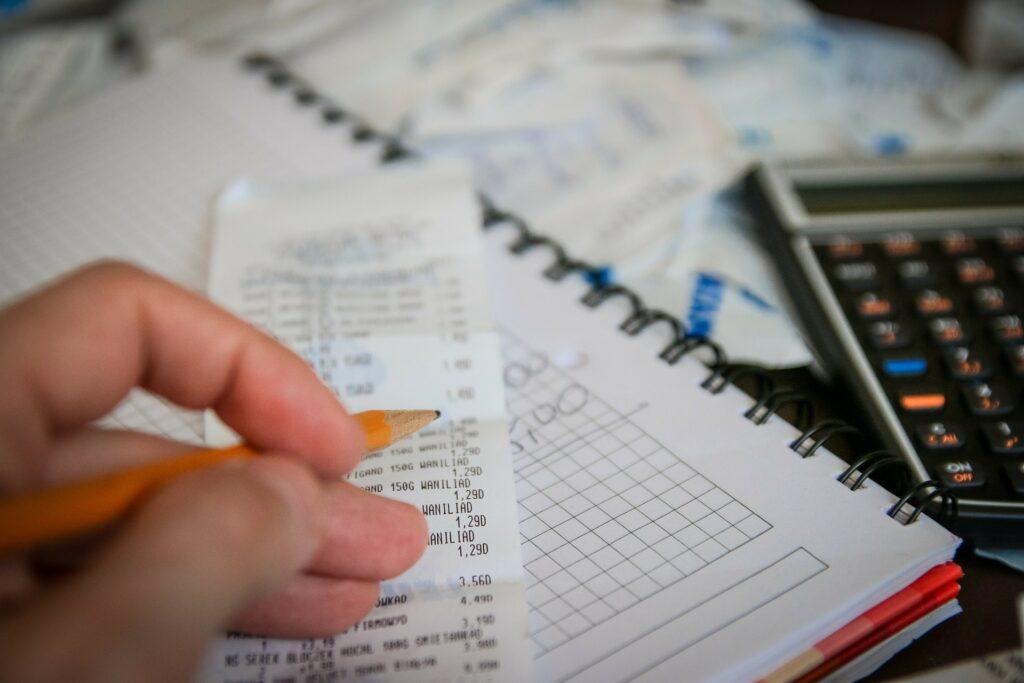Information provided by Kidwells Accountancy on our website is for informational purposes only. For bespoke advice, call 01432 278 179 or email info@kidwellsaccountancy.co.uk to learn more about what is best for your business.
Contact Us
Disclaimer: Information provided by Kidwells Accountancy on our website is for informational purposes only. It is provided in good faith but we make no guarantee of any kind regarding the accuracy, reliability, or completeness of any information on our site. We always recommend businesses seek independent legal and financial advice before working with us or acting on any information on our website.

